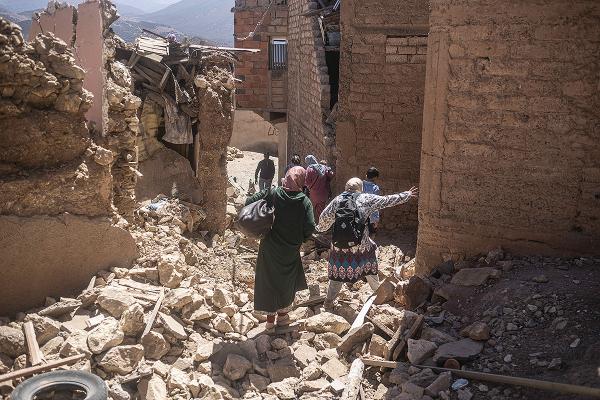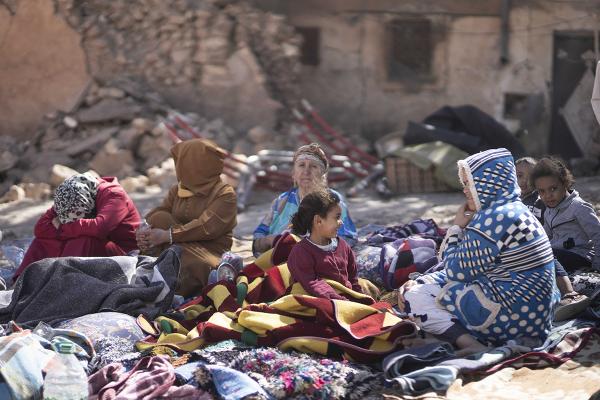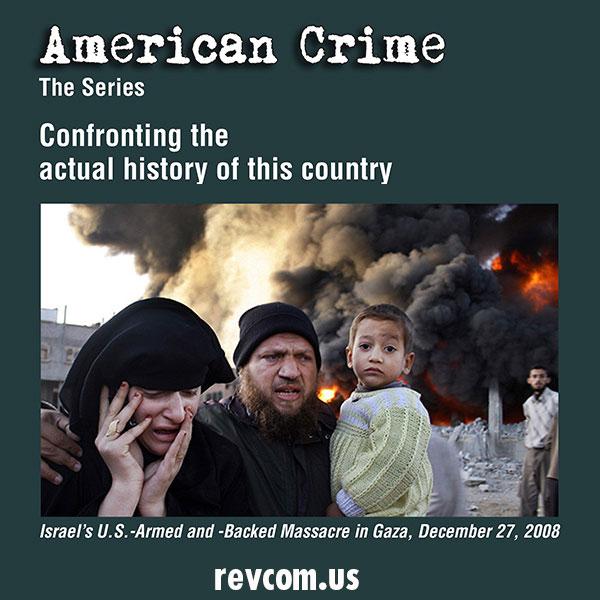Our hearts go out to the people of Morocco.
On Friday night, September 8, a powerful earthquake struck Morocco, a country of 37 million people located in the northwest corner of the African continent. The quake hit in the country’s south, near the historic 1,000-year-old city of Marrakesh.
This is a large, mountainous region, with many small villages, some lining canyon walls. Many homes are made of mud—without the structural support needed to withstand an earthquake of this magnitude (estimated to be between 6.8 and 7.2 on the Richter scale). Making matters worse, contractors reportedly routinely ignore safety codes for buildings in order to cut costs. It’s estimated that 1.8 million people live in the impacted zone.
The earthquake violently shook homes, buildings, and roads. Many thought initially a bomb had exploded. Videos show people rushing out of homes and buildings, with mounds of rubble filling streets and blocking roads, and many structures totally collapsing, trapping people beneath the stone and mud. Thousands spent the night outside, fearful of aftershocks. One woman told Moroccan state television that her husband and four children had died: “Mustapha, Hassan, Ilhem, Ghizlaine, Ilyes. Everything I had is gone. I am all alone.”
At this writing, the reports are that more than 2,000 people have been killed and more than 2,000 injured. But no doubt these horrific numbers will climb in the coming days.1
Natural Disasters and the Disaster of Oppressive Social Orders
Natural disasters like this earthquake will happen under any social-economic system. But how that system handles those disasters—whether it draws on the creativity and enthusiasm of the masses and their capacity to work together, or whether it further suppresses those masses in its aim to restore order—has everything to do with which class rules.2
For example, in August 2005, Hurricane Katrina hit New Orleans, leading to massive flooding and devastation. Amid the dangers that the storm and its aftermath posed, many ordinary people rose to the challenge of helping and saving others. This is powerfully depicted in the film Trouble the Water, which shows, among other things, a powerful instance of two rival small-time dealers who dropped their antagonism to work together to save people with homemade rafts.3
Unlike Morocco, which is an oppressed and impoverished country, the U.S. is an imperialist power and the wealthiest country in the world. Yet, as we wrote at revcom.us about Katrina, instead of supporting the masses of people in these efforts, the system violently suppressed them:
The article on Hurricane Katrina in the revcom.us series American Crime shows that the horrific human suffering and death in the wake of the storm was a crime of this system of capitalism-imperialism. There was no help for thousands of desperate people stuck on roofs of houses, with nothing to eat or drink in 100-degree heat. Bodies of poor and Black people were left abandoned for days in the water and the rubble, mangled and decomposing. Police and National Guard declared people searching for food to be “looters” and shot at them. Prisoners were left locked in their cells as the guards fled. Over 25,000 people were herded like animals into the Superdome and Convention Center, subjected to inhumane, degrading conditions and brutal treatment.4
Moroccan People Rush to the Rescue—King Deploys the Army
Initial reports from Morocco point to the masses of people responding courageously and collectively to this disaster. In dangerous conditions, people are bravely searching through rubble, digging with their bare hands, even climbing between collapsed homes in steep canyons to rescue survivors. Long lines have formed of people donating the blood so urgently needed to treat the injured. One Moroccan spoke of “great solidarity” between people in clearing roads, even as many were still in shock.
Yet Morocco is a country bitterly oppressed by imperialism and feudalism. Colonized in the early 20th century by France and Spain, Morocco is today dominated by Western imperialism. And Morocco’s government has been one of the U.S.’s closest non-NATO allies, including during U.S.’s so-called “War on Terror,” which was in fact a war for greater global empire.
Morocco’s long-time despotic ruler King Mohammed VI has unleashed escalating efforts to harass, brutalize or imprison any opponents.5 Now, following the earthquake, he has deployed the country’s reactionary armed forces to the impacted area, supposedly to help rescue efforts. But this force could well direct its efforts toward suppressing the energy and initiative of the masses.
The Moroccan people must be supported and every effort made to rescue those who have survived and to save those injured.
Morocco’s natural disaster underscores once again the urgency of fighting for a world where the society does its utmost to plan and prepare for, and, where possible, prevent such disasters, and mobilize the masses of people to deal with them when they do occur.



